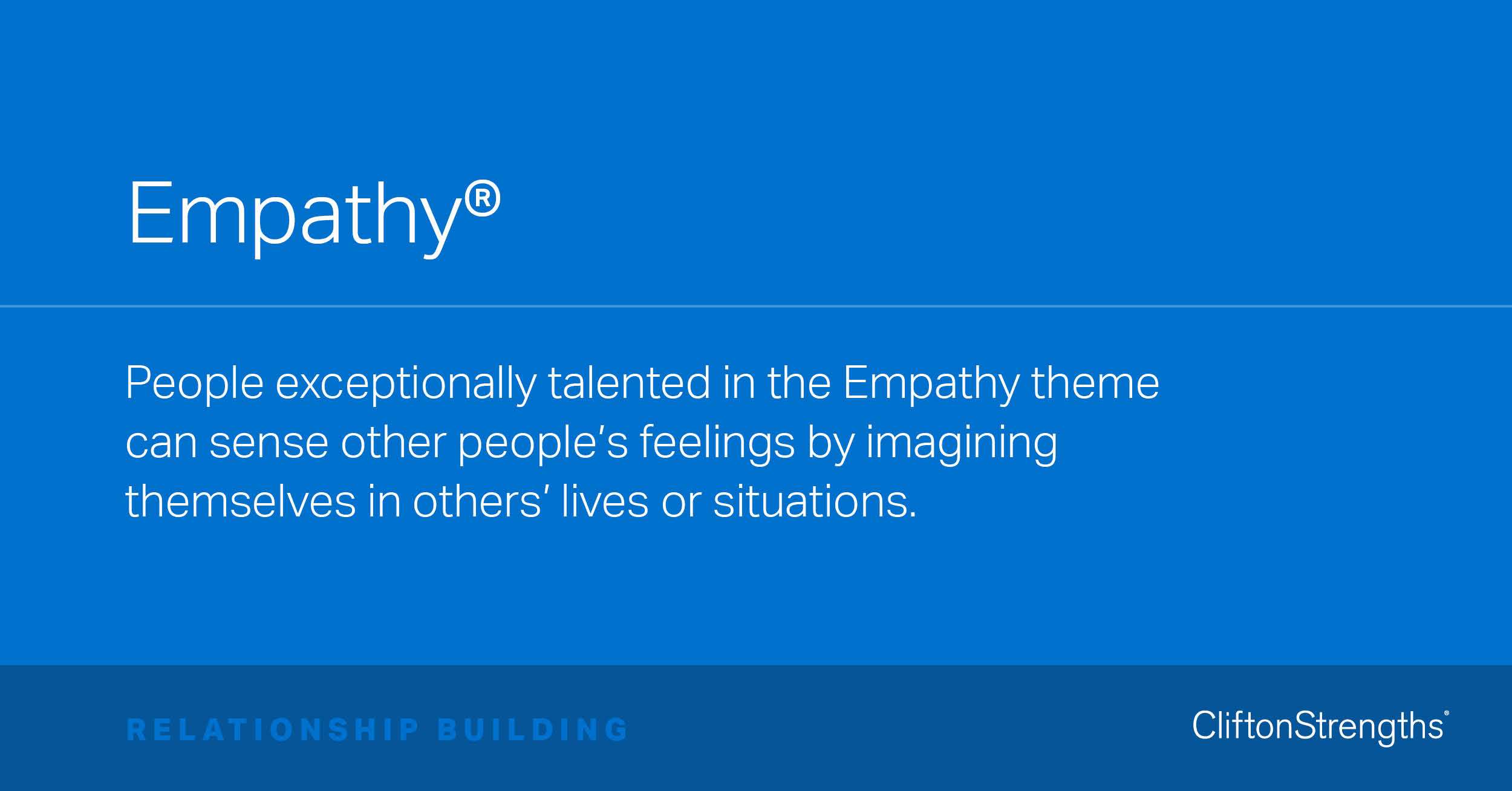- Manage Better
- Posts
- Is Empathy A Superpower?
Is Empathy A Superpower?
What is empathy and why is it important?
Gallup has a great definition below:
Empathy can be “invisible” to the owner because others are the ones who benefit from it.
In a narcissistic world, empathy chooses to stand out.
Watch the power of empathy in this well-illustrated Brene Brown short:
Now that you understand why empathy is important, how can you improve it at work and beyond?

Gif by KnivesOut on Giphy
We all know what it feels like when a boss isn’t empathic (aka micromanager).
But most likely your favorite manager (hopefully that exists for you) has it.
Empathy is the ability to connect fueled by understanding.
Don’t confuse it with sympathy.
Sympathy says I feel your pain because I’ve experienced it before (me focused).
Empathy says I don’t know how you feel, but I'm trying to understand it (others focused).
Being empathetic doesn’t mean you agree with what’s being said, but you’re willing to listen.
The best listeners shut their mouth when you are talking and only offer advice if asked.
So if you’re waiting for the person talking to stop so you can chime in on how to fix the problem you’re not a good listener (or empathetic).
Now it’s time to bring on the application.
The power of empathy lies in your ability to relate to others.
In leadership, we won’t get along with everyone, but trying to connect is key.
The impact of empathy results in better team loyalty and engagement.
Even though empathy is technically a skill, it really comes down to the heart.
Do you really care about your people?
Because if you do, it shows (it also shows if you don’t).
Empathy is absent when you’re not genuine.
If you’re faking it, people know (they just didn’t tell you yet).
So if you want to become a more empathetic leader it starts by asking the right questions.
Begin with open-ended questions such as:
Why is that important to you?
How can I support you?
What are your strengths?
Avoid closed-ended ones like:
Are you happy at work?
Did you have fun this weekend?
Open ended questions focus on building connection with the person being asked.
Their answers become pieces that put together a puzzle.
Empathy is one of the most important soft skills to master in your career.
85% of workplace success comes from soft skills.
93% of employers term soft skills as “very important” or “essential.”
So don’t take my word for it.
The stats back it up.
So if you see the value in empathy and want to become a more empathic leader reply to this email.
I’ve facilitated hundreds of 1:1’s in my career and I’ll give you the blueprint for asking empathic questions in the form of a talk/workshop at your company.
God Bless,
Scott




